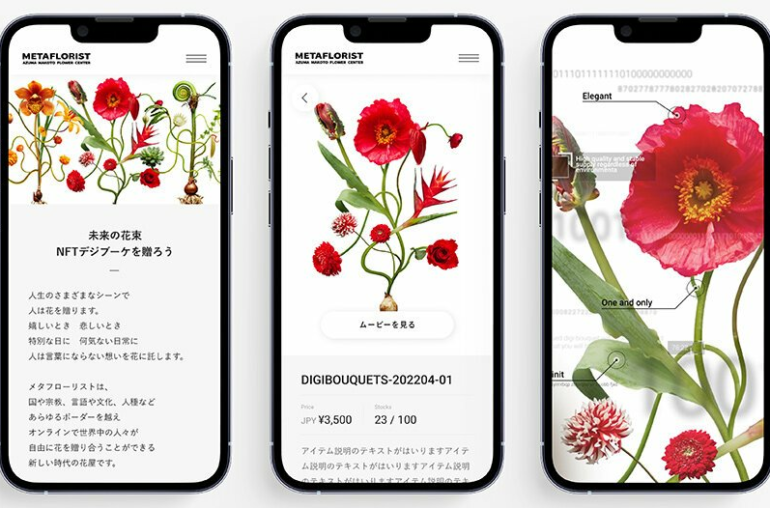Menu
Search
About
Smartphone manufacturer HTC has launched its first "Viverse" phone, designed to be compatible with its metaverse platform and incorporating crypto and NFT functionality.
The HTC Desire 22 Pro comes preloaded with apps that let you access and manage your metaverse content, including crypto and NFTs, from the phone. A Viverse app also lets you buy NFTs in a digital marketplace and "create your own virtual space," per an announcement.
Like previous HTC "cryptophones," the Desire 22 Pro also comes with a built in crypto wallet for Ethereum and Polygon-based assets.
The device is optimized to work alongside HTC's lightweight Vive Flow VR headset, with HDCP 2.2 connectivity enabling you to wirelessly mirror content to the VR headset, while a Vive Manager app also lets you set up and manage your VR hardware.
The smartphone "opens new immersive experiences as the perfect partner for VIVE Flow—whether it’s meeting colleagues in VR, or enjoying your own private cinema anywhere you are," said Shen Ye, Global Head of Product at HTC, in a statement accompanying the announcement.
Billed as a "powerful midrange device," the HTC Desire 22 Pro isn't going to be challenging the top tier of iPhones and Android devices.
It sports a 6.6-inch Gorilla Glass display with 1080 x 2412-pixel resolution and a 120 Hz refresh rate, while under the hood there's a Qualcomm Snapdragon 695 5G, and 8 GB RAM with 128 GB of storage.
Keeping the device ticking is a 4,520 mAh battery with fast charging and Qi wireless charging functionality.
Like all modern smartphones there's also a suite of cameras to snap away with; in the Desire 22 Pro's case, you get a 64-megapixel main camera (f/1.79), a 13-megapixel ultrawide lens (f/2.4), and a 5-megapixel depth-sensing camera (f/2.4), along with a 32-megapixel front-facing camera (f/2.0) for selfies.
For video shooting, there's also image stabilization, night mode, and 120fps slow-motion capture.
HTC was an early adopter of crypto technology.
As long ago as 2018, it produced the Exodus 1 smartphone with a built-in crypto hardware wallet and the ability to run a full Bitcoin node.
The smaller Exodus 1s soon followed; at the time of its launch, the company's "chief decentralized officer," Phil Chen, told Decrypt that, "in five years it will be trivial to have a Bitcoin node or other blockchain nodes stored on your phone."
Three years down the line, we're not quite at that point yet; but rival manufacturer Samsung has included a secure element for storing crypto private keys on its devices for some time now.
HTC's ceded ground to those smartphone rivals in recent years, focusing instead on its Vive virtual reality headsets.
With the Desire 22 Pro, it's trying to marry its blockchain phone credentials with its VR product line and stake its claim to the first metaverse smartphone. But with rival Apple reportedly prepping an AR/VR headset for release next year, HTC's window of opportunity is narrowing by the day.



